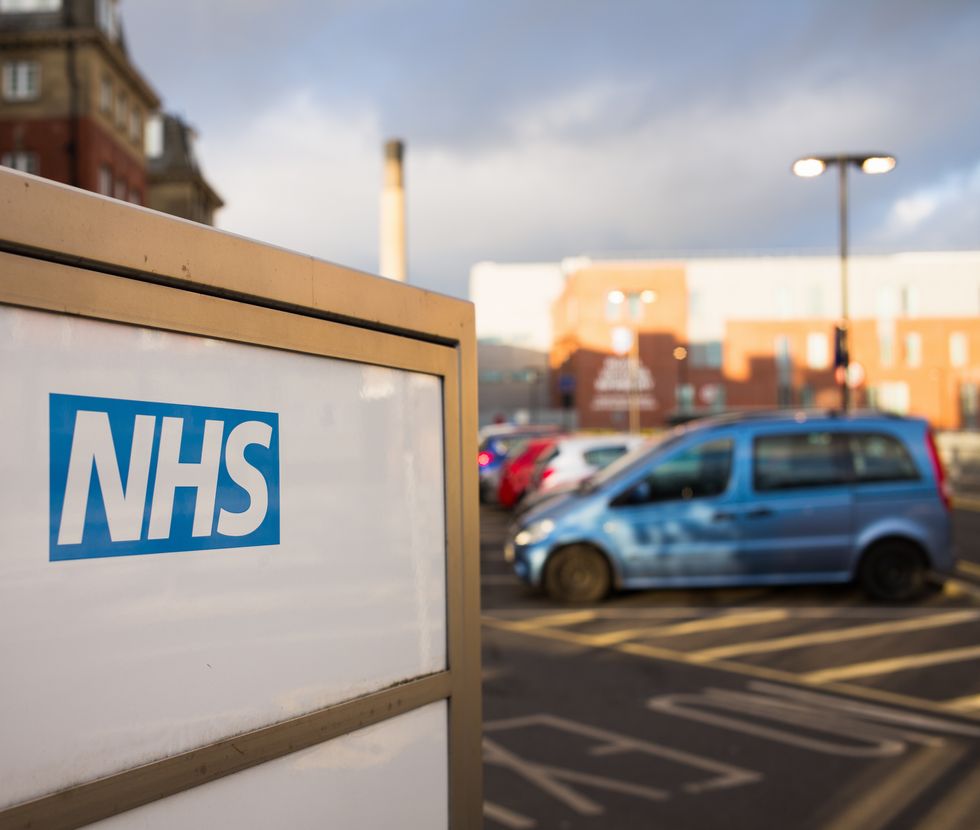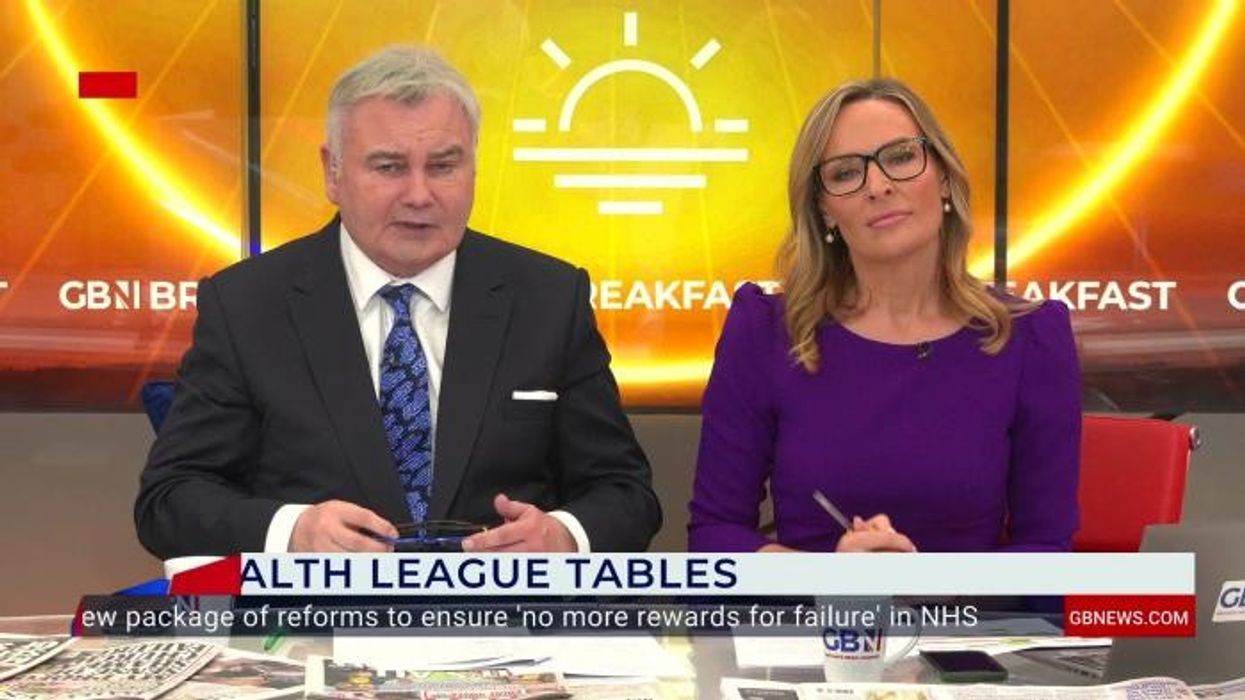Obesity treatment in NHS hospitals quadruples in a decade as 1.9m hospital episodes recorded in 2023/24
Among those treated, 14,010 were children and teenagers under 18 - a threefold increase from 4,655 10 years ago
Don't Miss
Most Read
NHS hospital treatment for obesity has quadrupled over the past decade as almost 1.9million hospital episodes were recorded over 2023/24.
The sharp increase, which is up from 442,083 episodes in 2013/14, has highlighted the extent of growing pressure on health services from weight-related conditions.
The official NHS England statistics cover all patients where obesity was deemed to have contributed to their health problems as a primary or secondary diagnosis.
Among those treated, 14,010 were children and teenagers under 18 - a threefold increase from 4,655 a decade ago.

Among those treated, 14,010 were children and teenagers under 18 - a threefold increase from 4,655 10 years ago (Stock)
|GETTY
Of the total hospital episodes in 2023/24, 11,221 cases had obesity listed as the primary reason for treatment.
Recently, the NHS announced that it would limit access to weight loss injections to just 220,000 people over the next three years, despite an estimated 3.4million qualifying patients.
The National Institute for Health and Care Excellence (Nice) explained that the decision was made "to protect other vital NHS services".
The restricted rollout is expected to cost the NHS around £320million annually by its third year as Nice defended the decision, noting the medicines were cost-effective, pointing to research showing obesity-related conditions cost the health service £11.4billion yearly.
However, the Tony Blair Institute criticised the limited rollout as "short-sighted", arguing that wider access would prevent illness and boost economic growth.
LATEST DEVELOPMENTS:
Katharine Jenner, director of the Obesity Health Alliance, called the hospital figures "a stark reminder of the growing impact of unhealthy weight on our nation's health".
She pointed to "preventable cases of Type 2 diabetes, heart disease and joint problems" holding people back from longer, healthier lives.
The rise has reflected "complex drivers of obesity, including years of government inaction to challenge a food environment that is dominated by unhealthy options, marketing practices that target children, and limited access to affordable, nutritious food", she said.
She called for a comprehensive approach combining restrictions on junk food advertising with support for those living with obesity.
Tam Fry, from the National Obesity Forum, described the admission figures as "tragic" but said they "should not surprise anyone", highlighting successive governments' failure to tackle obesity.

The NHS provides specialist support "helping hundreds of thousands of people lose weight and live healthier lives" (Stock)
|GETTY
"Though the quadrupling of adult admissions is rightly of great concern, the tripling of child admissions should be equally so," he added.
These children are acquiring adult diseases triggered by obesity, including diabetes Type 2, heart disease and some cancers, with "a plethora of others" also affecting young patients.
Dr Kath McCullough, NHS national speciality adviser for obesity, has acknowledged the service's role in supporting people to reach healthier weights but stressed the need for society-wide action.
The NHS provides specialist support "helping hundreds of thousands of people lose weight and live healthier lives", she said.
A Department of Health and Social Care spokesman said: "Obesity can be debilitating, costs the NHS billions and robs children of the best possible start in life, setting them up for a lifetime of health problems.
"This Government is committed to tackling the obesity crisis head on, shifting our focus from treatment to prevention as part of our 10-Year Health Plan.
"We’ve already announced plans to ban junk food adverts on TV and online. We have also given local authorities stronger powers to block applications for unhealthy takeaways near schools and stop fast food giants targeting pupils."











